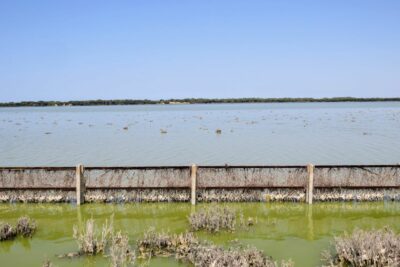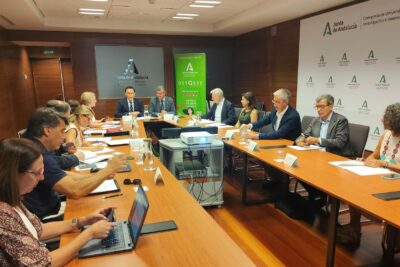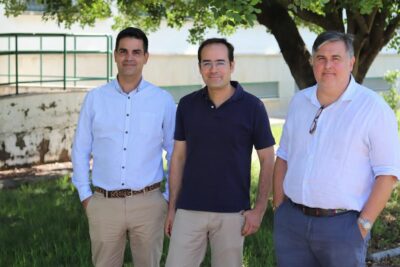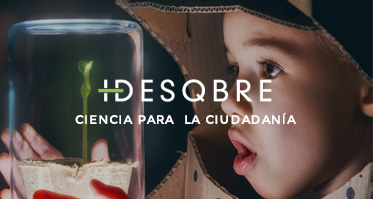Discovery of changes in breast milk composition in women with COVID-19
A research team from the University of Huelva in collaboration with the MilkCORONA initiative has confirmed that infection by the SARS-CoV-2 virus modifies the supply of nutrients to infants. Although the alterations caused by the disease in human serum and blood are already known, this is the first study that analyses the elements that vary in the food of newborns, and opens the door to new studies on the possible benefits of including supplements in the diet of lactating women.
A research team from the University of Huelva in collaboration with the MilkCORONA initiative has demonstrated that the SARS-CoV-2 virus alters the composition of breast milk. The study compares the content of compounds of this natural food in mothers affected by this disease, both with and without symptoms, with data prior to the pandemic. In addition, studies have been carried out into how COVID-19 infection affects the composition of chemical elements with significant biological functions such as selenium, zinc or copper, among others. It has also been confirmed that these changes are related to the antibodies against the virus that are transmitted to the baby through breastfeeding.
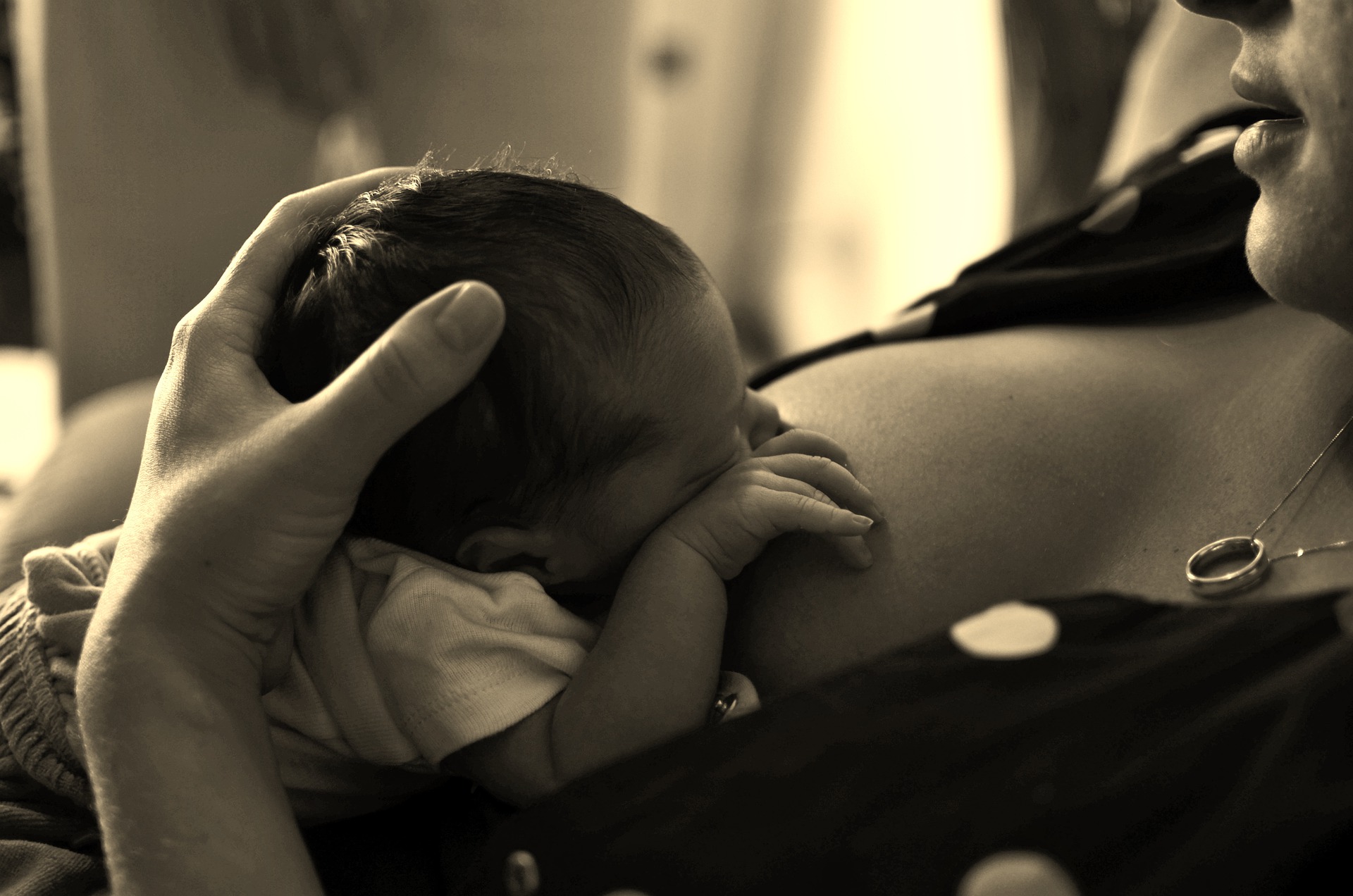
The study shows that SARS-CoV-2 affects the composition of nutrients reaching the baby and this is related to the body’s defences against the disease. Source: Pixabay.
Metabolomic studies consist of the analysis of chemical reactions that occur in the organism. That is, they investigate how different compounds behave in the course of functional and structural processes in biofluids, organs, tissues and cells. In addition, they establish relationships between the alterations that may occur with the appearance of other agents or substances that are incorporated in the different phases.
Thus, when a virus acts, chemical reactions in the organism change against the threat. In relation to SARS-CoV-2, there are metabolomic previous research that determine the modifications that occur in serum and blood, as well as the alterations in the chemical elements profile. In the article ‘Metallomic and Untargeted Metabolomic Signatures of Human Milk from SARS-CoV-2 Positive Mothers’, published in the journal Molecular Nutrition & Food Research, experts present the results of the first study using breast milk.
Therefore, this first work describing the metabolomic profile and element levels in breast milk samples of COVID-19 patients and comparing them with pre-pandemic controls demonstrates that SARS-CoV-2 affects the composition of nutrients reaching the baby, which is related to the body’s defences against the disease. In addition, the study also analyses the impact of virus symptomatology at different stages of breastfeeding and the associations between COVID-19 antibodies and chemical elements in human milk
Some of the conclusions of this study confirm the data obtained in previous studies with blood, such as those concerning the decrease in selenium or cobalt levels due to the disease. Otherwise, for other elements, such as zinc or copper, the concentrations detected run counter to the results obtained with blood or serum. «In the case of zinc, the amounts in people with COVID-19 are lower in blood, but higher in human milk compared to healthy women. It is possible that this happens because a higher intake of this element is required in the bloodstream to cope with the virus, but its levels are not reduced in breast secretion,» Fundación Descubre is told by Tamara García Barrera, one of the authors of the article.
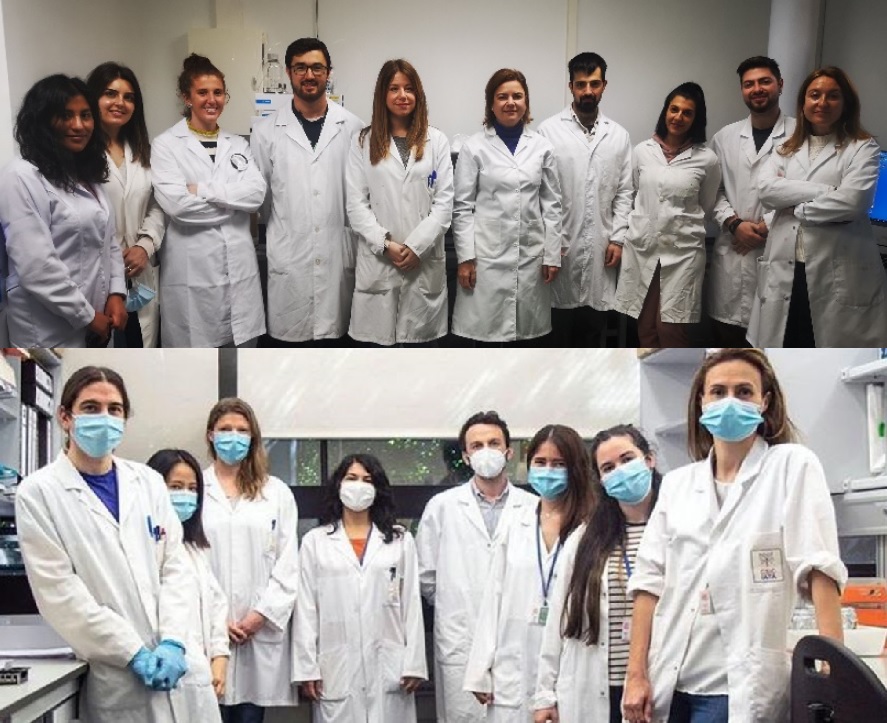
Researchers from the University of Huelva, the Institute of Agrochemistry and Food Technology of the CSIC, responsible for this study.
Zinc deficiency has been linked to complications during the disease. In some cases, zinc supplementation has been effective in treating acute cases of COVID-19. Therefore, the higher levels of zinc found in breast milk may be due to the fact that it is beneficial for the newborn.
Metabolic response to the virus
The samples analysed in this study come from a total of 54 people. Among them, 20 are from healthy women before the pandemic, 18 from sick women with symptoms and 16 from asymptomatic sick women. The results show no significant differences in these last two groups as regards the composition of elements, but there are significant differences in metabolites. In addition, differences have been observed in relation to control samples in both cases.
Specifically, the elements that have been detected at lower concentrations in human milk are selenium, nickel, iron, copper, vanadium and aluminium, while those of zinc, titanium or arsenic were higher. In previous studies, increased blood copper levels have been linked to the inflammation that occurs in the airways during the disease. Low selenium has been associated with increased mortality from COVID-19. «Knowing the importance of this element for the neurological development of the baby, the knowledge that the disease reduces its concentration in milk may suggest the need to supplement the diet of mothers affected by this virus to increase the amounts they transfer to the newborn,» adds the researcher.
On the other hand, this study also links certain elements to COVID-19 antibodies. Although the possibility of infection during breastfeeding and the transmission of antibodies to the baby has been studied, the experts now insist on the relationship between certain elements and the body’s defences. Thus, they have confirmed that the higher the antibody index, the lower the concentration of selenium, nickel and cobalt, while the amounts of copper are higher.
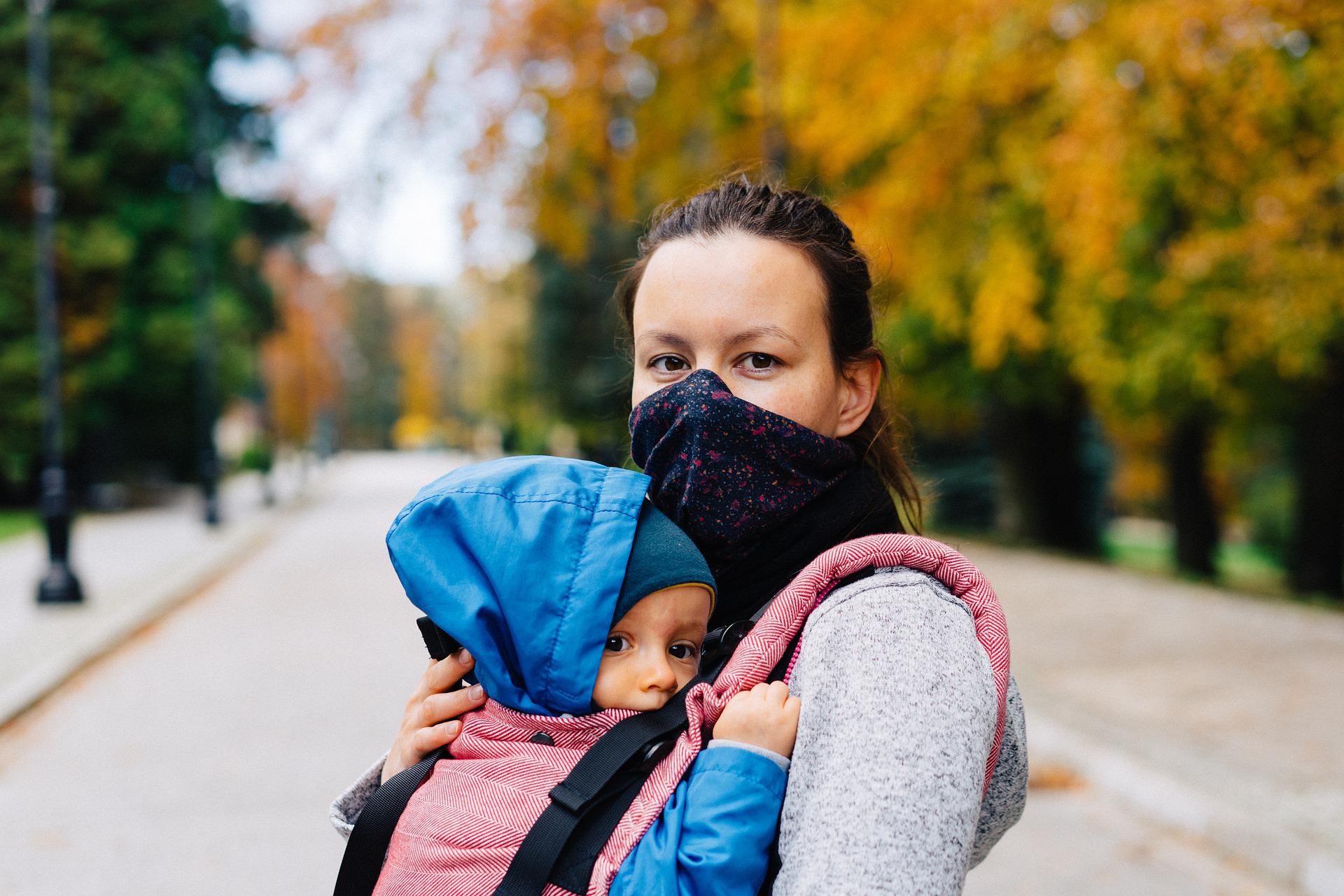
Researchers from the University of Huelva, the Institute of Agrochemistry and Food Technology of the CSIC, responsible for this study.
The results also conclude that a total of nine metabolites, including uric acid, a powerful antioxidant, or cholesterol, which is necessary for hormone formation, were found to be low in sick mothers. Eleven others, such as phosphoric acid, which is responsible for pH regulation, were regulated upwards in sick women.
The experts propose to continue these studies, taking into account the diet of the mothers and the possible impact of vaccines on milk.
The MilkCORONA initiative is composed of several research groups, as well as the participation of hospitals throughout Spain including the University of Huelva, the Institute of Agrochemistry and Food Technology of the CSIC, the Hospital Clínico Universitario de Valencia, the Hospital Universitario Doctor Peset, the University of Barcelona, the Hospital Germans Trias i Pujol, and the Sant Joan de Déu Research Institute in Barcelona.
This work was supported by the project ‘Omic and metaomic study of the effect of pollutants through the intestinal microbiota-brain axis. From the animal to cellular model (MAMOMICS)’ of the Spanish Ministry of Science and Innovation (MCIN), and by the project ‘Chemical speciation, metabolomics and microbiota for the study of maternal-infant interaction through breast milk and other biological samples’ from the FEDER Andalusian operational programme and the University of Huelva.
Spanish version: Descubren cambios en la composición de la leche materna en mujeres con COVID-19
Últimas publicaciones
La combinación de lluvias tardías, el nivel elevado del río y del mar y la influencia del dique de la Montaña del Río han ralentizado el desagüe de la marisma, que presenta aún un alto nivel de inundación, con un 47% de su capacidad. Esto favorecerá la reproducción de aves acuáticas y la regeneración de vegetación, pero también plantea retos como la proliferación de especies invasoras y de cianobacterias.
Sigue leyendoEl patronato, presidido por el consejero de Universidad, Investigación e Innovación y presidente de la entidad, José Carlos Gómez Villamandos, ha dado un firme respaldo al proceso de adaptación del nuevo estatus.
Sigue leyendoEl modelo de control, ideado por un equipo de la Universidad de Córdoba, permite reducir el desperdicio de un recurso esencial y limitado y alargar la vida útil de las tuberías. El modelo predictivo resultante, escalable a otras redes similares, permite superar una gran limitación que encuentran las empresas gestoras de redes de distribución de agua, como es la ausencia de datos en tiempo real que las orienten a la hora de realizar ajustes dinámicos de la presión.
Sigue leyendo